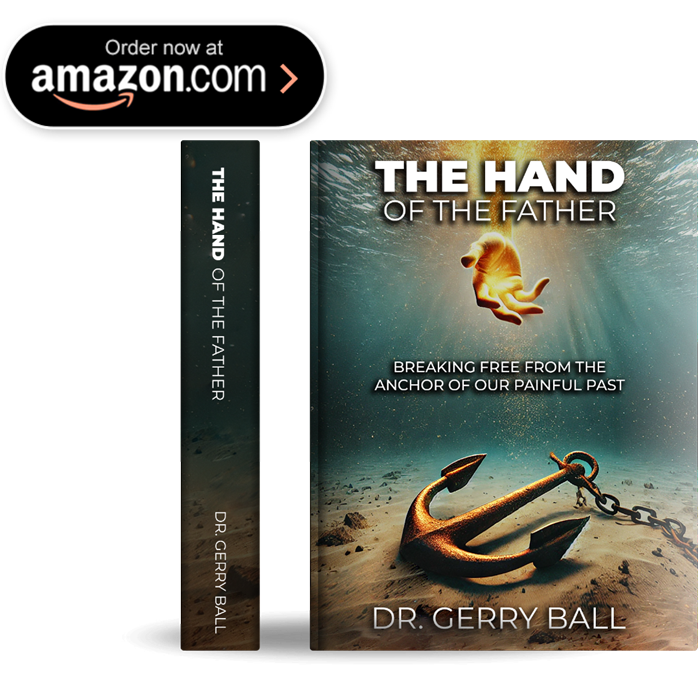Parental Attachment Questionnaire: Understanding Emotional Bonds with Parents
Explore how the Parental Attachment Questionnaire measures emotional bonds between young adults and their parents. Understand the role of affective quality, independence, and support in shaping emotional and spiritual health. Learn how this powerful tool guides Christian counseling and supports parental attachment assessment, helping clients navigate early attachment wounds.
- Home
- Parental Attachment Questionnaire: Understanding Emotional Bonds with Parents
What Is the Parental Attachment Questionnaire (PAQ)?
The Parental Attachment Questionnaire (PAQ) was developed by Dr. Maureen E. Kenny of Boston College. It evaluates emotional security and the quality of attachment between adolescents or young adults and their parents. The PAQ explores how these early emotional bonds shape self-worth, relational trust, and perceptions of authority—including one’s view of God.
Key Dimensions of the PAQ
The PAQ evaluates three key areas:
Each item is scored on a 5-point Likert scale from “Not at All” to “Very Much.”
Parental Attachment Questionnaire
Scoring and Adaptation
Responses are totaled for each dimension, with higher scores indicating healthier attachment. Some negatively worded items are reverse-coded to maintain consistency.
The PAQ can also be adapted to focus on one parental figure (such as the father), making it useful for studies centered on father-child attachment and spiritual identity.

Parental Attachment Questionnaire
Applications in Research and Counseling
Psychological Research: Enables researchers to measure attachment and emotional well-being.
Christian Counseling: Helps identify early attachment wounds that influence how a client views God.
Therapeutic Practice: Guides clinicians in designing treatment plans to address emotional gaps stemming from childhood.

Strengths of the PAQ
Comprehensive assessment of parental influence
Adaptable for mothers, fathers, or both
Simple format for group or individual use
Widely used in counseling and psychological settings
Limitations to Keep in Mind
Self-report bias can affect data accuracy
Focuses only on parental figures
Less suitable for young children or older adults
May require adaptation for cultural sensitivity

Parental Attachment Questionnaire
Christian Counseling Insight: Why It Matters
Many spiritual struggles are rooted in early emotional wounds. The PAQ provides a clinical lens through which these wounds can be identified and addressed. Christian counselors use this tool alongside Scripture and prayer to guide clients toward restoration in their relationship with their earthly parents—and ultimately their Heavenly Father.

the hand of the father
Want to Go Deeper?
Want to dive deeper into the emotional and spiritual restoration of your Father image? The Hand of the Father by Dr. Gerry Ball explores how parental wounds shape spiritual identity—and how healing is possible.
Through real-life stories, scriptural wisdom, and clinical insight, this book will help you:
Understand your early relational patterns
Identify how you view God through your parental lens
Experience freedom, trust, and spiritual renewal through Christ

